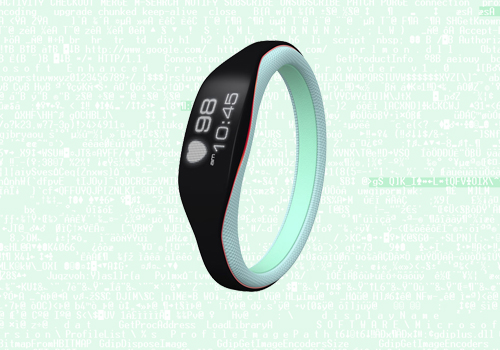
In the last two weeks thousands of Facebook users fell for a so-called likejacking scam. A link on Facebook invites you to see for example the 101 hottest women in the world and leads you to an external website. No matter where you click on the webpage, a message saying that you “like” the link will be automatically displayed on your Facebook wall and in the news section for your friends, waiting for your friends to be clicked again and again … and again. Sex stills sells!

So, what happens in the background? A javascript on the first page of the external website puts an invisible “like” button directly underneath your cursor and follows it. No matter where you click the page, you always hit the “like” button. And as you’re logged into Facebook at the time, everyone in your friendlist will see that link in your news section.

Afterwards you get redirected to the next part: a simple HTML page containing an iframe shows – as promised – the 101 hottest women, who’ve been chosen by a fashion and lifestyle magazine and whose website is also the source of the iframe. The more important part of the page is a packed javascript which is used to monetize the whole process. The script uses a technique to evade ad-blockers and brings a small amount of money to the people behind the scam through an advertising company called CPAlead. Now, if thousands of people click on the link, this will generate a nice sum of money – definitely not enough to get rich, but still a lucrative auxiliary source of income.

This method isn’t very sophisticated nor is it new, but it’s obviously still very effective, as these links are heavily spreading through Facebook. So will you click the next link you see on Facebook? Be careful and if it looks suspicious – just don’t click!






















The 101 hottest women in the world?